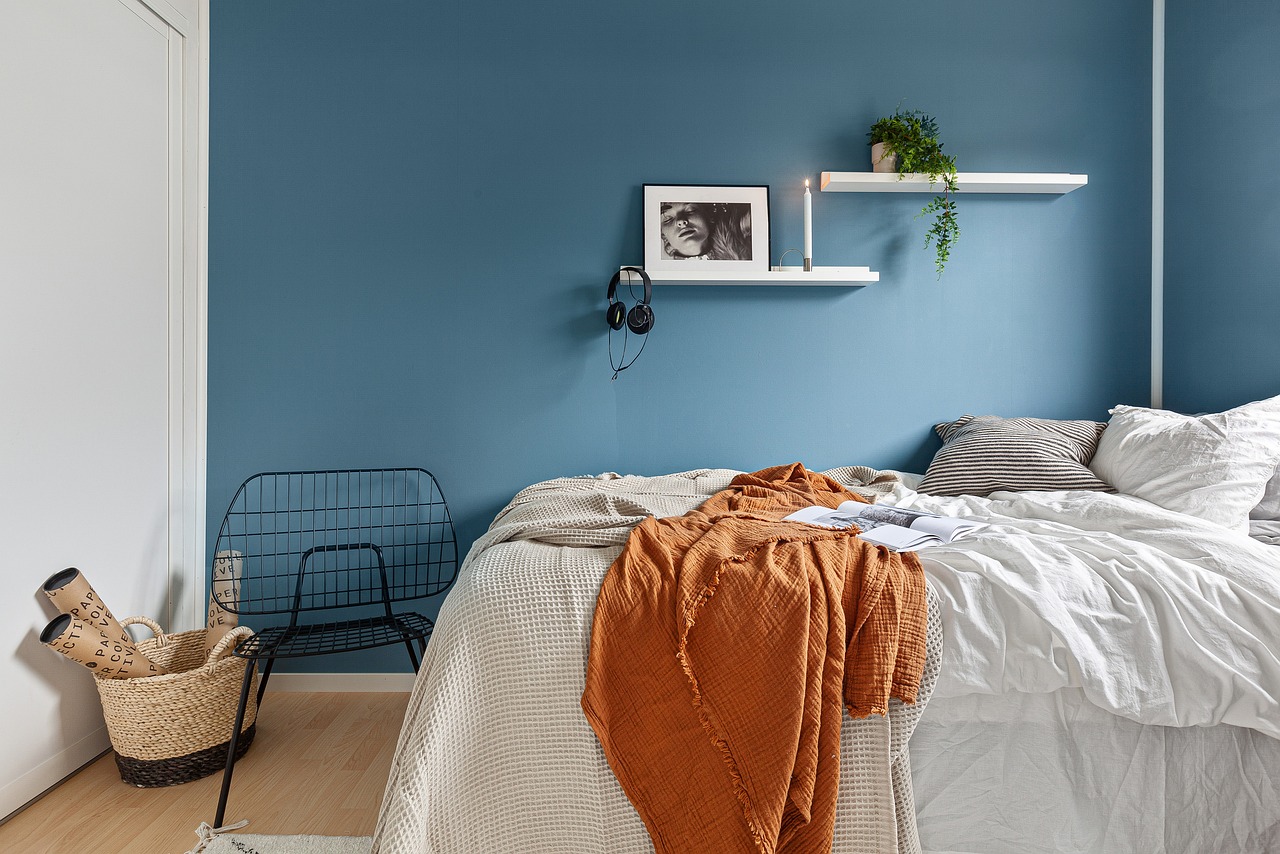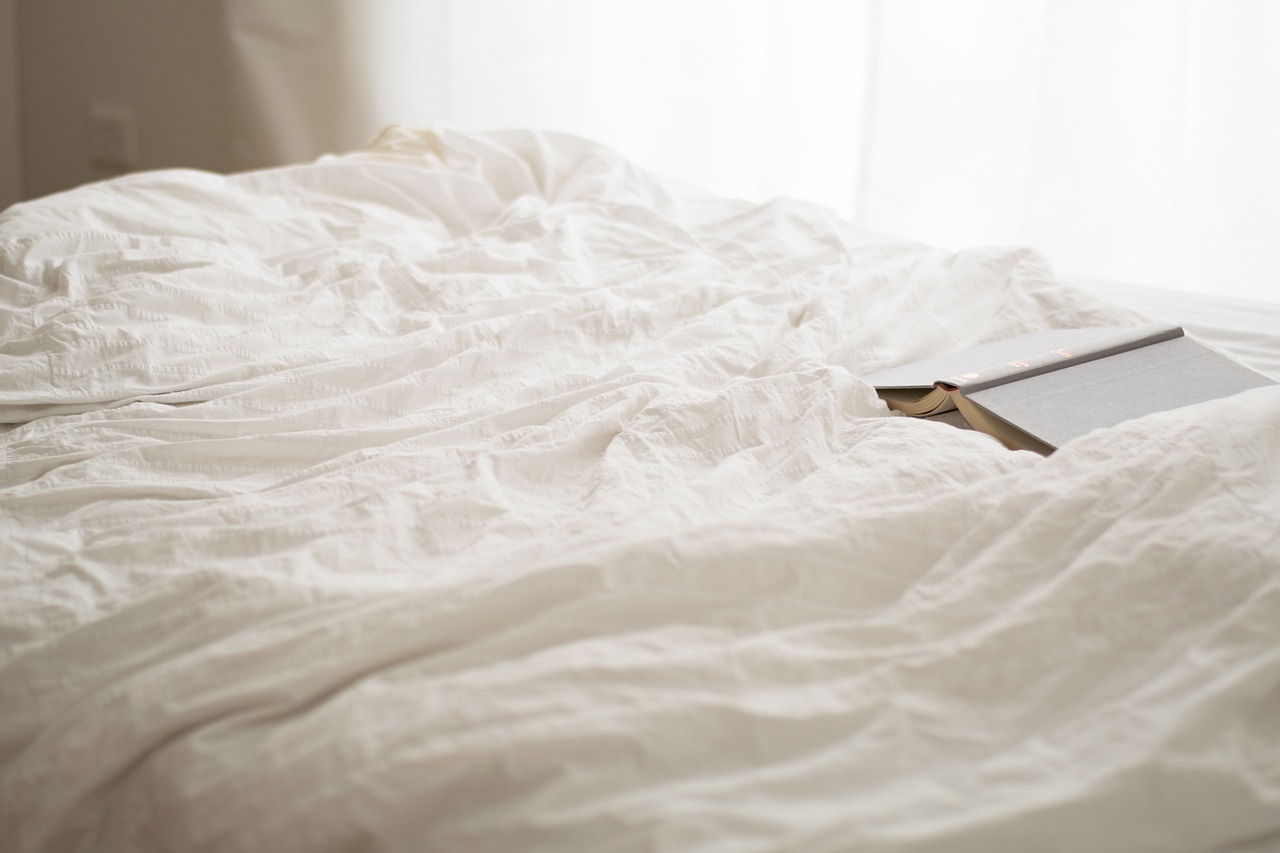Are you struggling with insomnia and can’t seem to pinpoint the cause? It may surprise you to learn that bed bugs could be playing a significant role in your sleep disruption. These tiny, nocturnal insects, scientifically known as Cimex lectularius, are notorious for their ability to infest our beds, furniture, and even clothing.
Despite their small size, bed bugs are masters of hiding in the seams and crevices of your mattress, making them difficult to detect. The presence of bed bugs can lead to incessant itching and discomfort throughout the night, causing you to toss and turn in search of relief. As a result, your sleep is disrupted, and insomnia becomes a frustrating reality.
But it doesn’t stop there. Besides the physical discomfort, bed bugs also pose health risks, including allergic reactions and skin infections. In this article, we will delve into the identification and behavior of bed bugs, explore how they disrupt your sleep, and discuss the health risks associated with their presence.
We will also provide valuable tips on preventing and treating bed bug infestations, as well as techniques for achieving better sleep while safeguarding against these resilient pests. So, let’s dive into the world of bed bugs and their impact on your insomnia.
Identification and Behavior of Bed Bugs
Don’t let those blood-sucking pests ruin your sleep – learn how to identify and understand the sneaky behavior of bed bugs!
Bed bugs are small, oval-shaped insects that are typically brownish-red in color. They have flat bodies, which allows them to hide in tiny cracks and crevices, making them difficult to detect.
Adult bed bugs are about the size of an apple seed, while nymphs are smaller and lighter in color. These nocturnal creatures feed on the blood of humans and animals, typically during the night when their victims are asleep. They are attracted to body heat and the carbon dioxide we exhale.
Bed bugs are excellent hitchhikers and can easily infest mattresses, furniture, and even clothing. They reproduce quickly, with females laying up to 500 eggs in their lifetime.
Being able to identify and understand the behavior of these pests is crucial in preventing and treating bed bug infestations.
Bed Bugs and Sleep Disruption
Imagine lying in bed, unable to sleep, tossing and turning as tiny creatures disturb your peace and invade your dreams. These nocturnal bloodsuckers, known as bed bugs, are more than just a nuisance. They can cause significant sleep disruption, leading to insomnia and daytime fatigue.
Bed bugs are attracted to the carbon dioxide and heat emitted by humans, making your warm and cozy bed the perfect breeding ground for these pests. Once they find their way into your home, they hide in cracks and crevices near your bed, waiting for the perfect moment to strike.
Their bites can cause itching and discomfort, making it nearly impossible to get a good night’s sleep. Additionally, the psychological distress caused by the presence of bed bugs can further contribute to sleep disturbances.
In order to combat these sleep disruptors, it’s crucial to properly identify and eliminate bed bug infestations.
Health Risks Associated with Bed Bugs
Feeling exhausted and irritable? You might be surprised to learn that those pesky critters lurking in your home could be the cause. Bed bugs, those tiny blood-sucking insects that infest mattresses and furniture, can have serious health risks associated with them.
While they’re not known to transmit diseases, their bites can cause itching, redness, and discomfort. Scratching these bites can lead to skin infections, which can be particularly problematic for individuals with weakened immune systems.
Bed bug infestations can also have a psychological impact, causing anxiety, stress, and insomnia. The constant fear of being bitten during sleep can disrupt your restful nights, leaving you tired and moody during the day.
So, if you suspect a bed bug problem, it’s important to take immediate action to eliminate these pests and protect your health.
Prevention and Treatment of Bed Bug Infestations
To protect yourself from a bed bug infestation, you can take preventive measures such as regularly cleaning your bedding and furniture and keeping your living spaces clutter-free. Bed bugs are notorious for hiding in cracks and crevices, so it’s crucial to vacuum and steam clean your mattresses, carpets, and upholstered furniture regularly.
Additionally, washing your bedding, including sheets, pillowcases, and blankets, in hot water can help kill any bed bugs or eggs that may be present. It’s also recommended to use mattress and pillow encasements that are specifically designed to prevent bed bug infestations.
If you suspect a bed bug infestation, it’s important to take immediate action. Professional pest control services can provide effective treatment options such as heat treatments or insecticide sprays to eliminate bed bugs from your home. Remember, prevention is key in avoiding the stressful and sleepless nights that bed bug infestations can cause.
Tips for Better Sleep and Bed Bug Prevention
Creating a soothing and inviting sleep environment can enhance your restfulness and help to prevent a bed bug infestation. To achieve this, start by keeping your bedroom clean and clutter-free.
Vacuum your mattress and surrounding areas regularly to eliminate any potential hiding spots for bed bugs. Additionally, encase your mattress and pillows in bed bug-proof covers to prevent infestations.
Wash your bedding and clothes frequently in hot water and dry them on high heat to kill any bed bugs or eggs. Consider using a bed bug interceptor under each leg of your bed frame to monitor and trap any crawling insects.

Lastly, be cautious when traveling and inspect hotel rooms for signs of bed bugs before settling in. By following these tips, you can create a sleep environment that promotes restfulness while reducing the risk of bed bug infestations.
Frequently Asked Questions
How do bed bugs reproduce and spread within a home?
Bed bugs reproduce and spread within a home by mating and laying eggs. Females can lay hundreds of eggs in their lifetime, which hatch into nymphs. These nymphs mature by feeding on blood and can spread to different areas through infested items or by hitchhiking on people.
Can bed bug bites cause allergic reactions or other skin conditions?
Yes, bed bug bites can cause allergic reactions and other skin conditions. Common symptoms include itching, redness, and swelling. In rare cases, severe reactions may occur, leading to blisters or even anaphylaxis.
Are there any long-term health effects associated with bed bug infestations?
Long-term health effects associated with bed bug infestations include psychological distress, anxiety, and insomnia. The constant fear of being bitten and disrupted sleep patterns can have a significant impact on your overall well-being.
Can bed bugs be effectively eliminated without professional pest control?
Yes, bed bugs can be effectively eliminated without professional pest control. Options include vacuuming, washing bedding in hot water, steam treatment, and using insecticides. However, professional treatment may be necessary for severe infestations.
Are there any natural remedies or DIY methods to prevent and treat bed bug infestations?
To prevent and treat bed bug infestations, natural remedies such as washing bedding in hot water, vacuuming regularly, and using steam cleaners can be effective. DIY methods may help, but professional pest control is often necessary for complete elimination.
Conclusion
In conclusion, the presence of bed bugs can significantly impact your sleep quality and overall well-being. These tiny pests, known for their nocturnal feeding habits, can cause sleep disruption through their bites and the anxiety they induce.
Moreover, bed bug infestations can lead to various health risks, including allergic reactions and secondary infections. It’s crucial to take preventive measures and seek professional treatment if you suspect an infestation.
By prioritizing good sleep hygiene and implementing effective bed bug prevention strategies, you can ensure a restful and bug-free sleep environment.










